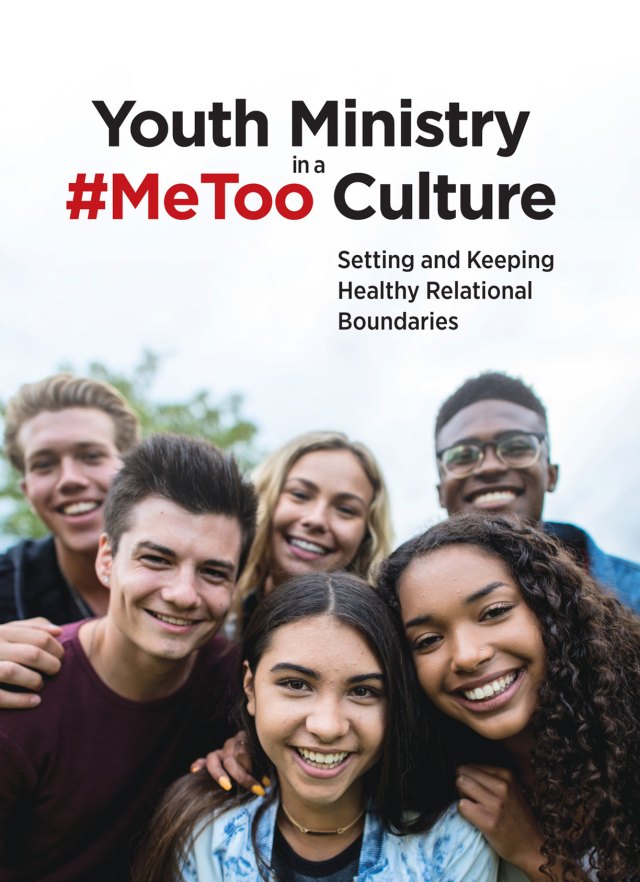A North Carolina court ruled that a church member could not be convicted of violating an anti-stalking statute for posting content to his social media account that offended another member.
An adult male (the “defendant”) met a woman (“Mary”) at a church prior to the start of a Good Friday worship service. Mary was employed in the church’s communications department. The two of them were seated at the same table and briefly made small talk in a group setting before separating at the beginning of the service. Upon leaving church that day, Mary did not give any further thought to her encounter with the defendant.
A few weeks later the defendant mailed a five-page handwritten letter to Mary’s work address. Mary later testified:
The gist of it was that when [Defendant] first saw me at the Good Friday service he thought he had found his soul mate, and that the feelings he felt were so intense he couldn’t talk to me. And then he goes on to say that he used the communications plan to talk to me, to ask me out, rather than for professional reasons.
The defendant ended the letter by writing that he was “highly attracted” to Mary and asking her to go on a date with him. The following day, Mary gave the letter to her work supervisors and asked them to intervene on her behalf, and they agreed to do so. She did not respond to the defendant’s letter.
A few days later the defendant sent Mary a second handwritten letter, which was seven pages long and mailed to her home address. Mary provided the following summary of the second letter:
He starts by apologizing for sending this to me without me giving him my address. He says he found it on a website. And he also says that he would not harass or stalk me, and that if I felt uncomfortable to notify him and he would cease communication. Then he goes on to talk about some of his personal history, and the last line says that I need to go on a date with him or tell him to leave me alone.
Mary showed the defendant’s letter to her supervisors, who once again told her that they would handle the situation.
The church’s minister of pastoral care spoke to the defendant over the phone about his communications with Mary. During this phone call, the minister told the defendant “to stop making any contact [with Mary] and [that] there could be legal actions if he did, and that the contacts were unwanted.” Following this conversation, the defendant did not send Mary any further emails or letters.
A few months later, Mary logged into an account she had created on the social media service Google Plus. Upon doing so, she discovered that the defendant had “followed” her account and had made four separate posts on his own Google Plus account that referred to her by name.
The posts on the defendant’s Google Plus account were not specifically directed to Mary but were shared publicly on his account where any user of the service could read them.
The first post stated that “God chose Mary” to be the defendant’s “soul mate.” In the other three posts, the defendant wrote, among other things, that he “freely chose Mary as his wife” and wanted God to “please make her his wife.”
After viewing these posts, Mary immediately blocked the defendant’s account. Shortly thereafter, she deleted her own Google Plus account. Mary continued, however, to monitor the defendant’s publicly shared posts by checking his Google Plus page “at least once a week.”
Several months later a box of cupcakes was delivered to Mary’s office at work with a note from the defendant. Upon receiving the cupcakes, Mary filed a police report that led to the defendant being arrested and charged with four counts of felony stalking based mainly on his posts on his Google Plus account. He was later convicted on all counts by a jury, and sentenced up to seven years in prison.
The defendant appealed, claiming that the trial court erred by denying his motion to dismiss the four stalking charges for which he was ultimately convicted. He contended that because all of these charges were based—either in whole or in part—upon the content of his Google Plus posts, he could not constitutionally be convicted of stalking due to the resulting infringement of his right to free speech under the First Amendment.
The appeals court reversed the defendant’s conviction. It concluded:
As this case aptly demonstrates, difficult issues arise in attempting to balance, on the one hand, society’s laudable desire to protect individuals from emotional injury resulting from unwanted and intrusive comments with, on the other hand, the free speech rights of persons seeking to express themselves on social media. Our courts will no doubt continue to grapple with these issues going forward. In the present case, however, it is clear that defendant’s convictions violated his constitutional right to free speech. His Google Plus posts about Mary—while understandably offensive to her—constituted protected speech that cannot constitutionally be prohibited by the State. As such, we are compelled to vacate his convictions.
What this means for churches
This case demonstrates how some courts resolve the tension between offensive social media posts and free speech. Church leaders should note, however, that employees (e.g., youth pastors) who send sexually explicit social media posts (text and images) to minors (e.g., youth group members) cannot use freedom of speech as a defense.
State v. Shackelford, 2019 WL 1246180 (N.C. App. 2018).




